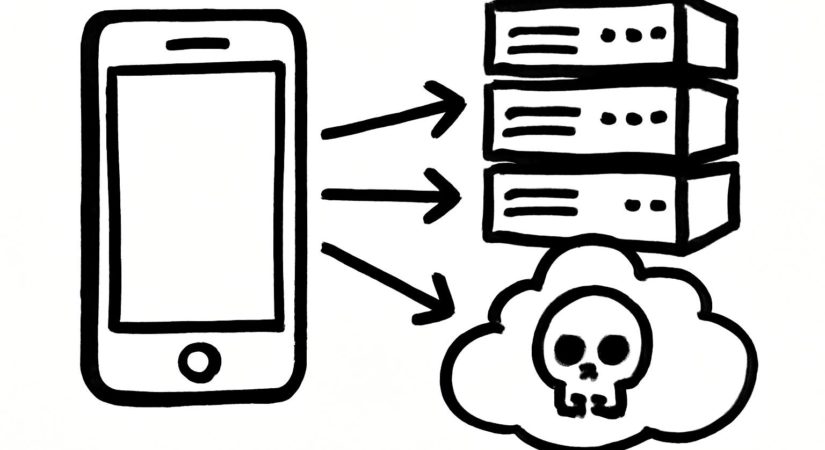Millions of iPhone and Android users are increasingly vulnerable due to new porn bans driving a spike in risky VPN installations. Free virtual private network (VPN) apps, some with hundreds of millions of downloads, are secretly routing user data through Chinese servers, raising serious privacy concerns.
The surge in VPN adoption followed two key events: the brief TikTok ban in the U.S., which fueled VPN downloads despite limited effectiveness, and recent state-mandated age and identity verification laws for accessing adult websites. These laws have led many users to install VPNs to bypass restrictions, putting their devices and personal information at risk.
The Tech Transparency Project warns millions of Americans have downloaded apps that covertly send internet traffic through Chinese companies. Unlike traditional censorship cases, these porn bans attempt to enforce government-approved age checks, making VPNs appealing tools to circumvent them. However, free VPNs often pose greater risks than no VPN, as they can expose all online activity to untrusted third parties.
Starting July 25, the U.K. will implement similar age verification requirements under its Online Safety Bill. Major adult sites, including Pornhub, plan to adopt government-approved methods for confirming users’ ages. Regulators justify these measures by citing research showing that 8% of children aged 8-14 have viewed online pornography.
In the U.S., the Supreme Court recently upheld Texas’s law requiring adult websites to verify that users are over 18, a ruling expected to prompt other states to enact similar rules. This has already triggered dramatic VPN demand surges—for example, Florida saw a 1150% increase in VPN interest after its law took effect earlier this year.
Privacy advocates warn the Supreme Court decision may undermine established First Amendment protections. The ACLU cautions the laws may deter adults from accessing constitutionally protected content without effectively blocking children.
Experts advise consumers to exercise caution with VPNs, noting that nearly 43% of users still rely on free services, which often compromise user privacy. Security professionals recommend:
- Downloading VPNs only from official app stores (Google Play or Apple App Store)
- Using paid VPNs with transparent subscription fees
- Choosing recognized developers verified through reputable sites
- Avoiding VPNs based in China or those flagged as high risk by Play Protect
- Keeping device security features enabled and never bypassing warnings to install suspicious apps
As porn restrictions expand globally, users must balance privacy needs with secure app choices to avoid inadvertently exposing their data to foreign entities.
